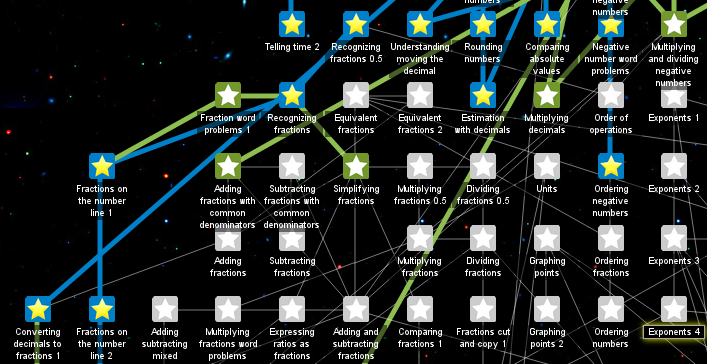Imagine you were still using a computer program built in the 70's. Those computers took us to the moon and back! They can do amazing things. But you do not want to try to compete in today's market with them.
The same is true with current schooling in America. It cannot be fixed by more money, in the same way that throwing more money at a broken engineering project (or a war in Afghanistan) cannot fix it. Watch this video, but start at 8 minutes in:
(https://www.ted.com/talks/salman_khan_let_s_use_video_to_reinvent_education)
If you've not watched this video, you're missing out on a great summary of the latest research in education.
Even the BEST SCHOOLS are now outdated, strategically broken in several ways only obvious in retrospect. Sal goes into it a lot better than I can here, but I'll point out things I've personally seen in my kids' (B-graded) school, with even with very good teachers.
1. The teachers have to teach to the lowest common denominator.
2. Even doing that, students don't completely learn one concept when they have to move onto the next. (This is the bike analogy from the video).
People think that that Khan Academy is about the website, which it is not. It is more about proposing a revolutionary way to do education as a whole, with the website as one implementation of the idea, the way Word is just one kind of Word Processor but there are others available, with similar concepts behind them.
There are simple things you can see that they take advantage of from the science. For example, you cannot move forward to take a "mastery challenge" on KA without waiting for a day after you do the practice questions. And you have to get 10 right in a row on the mastery challenge to pass it. You can do one thousand questions, and get the last ten right, or just the first ten. Either way is fine.
Those two simple features are the result of a small advancement in educational science. This is why when teachers prefer i-Ready, I watch my kids do it, and I can tell that i-Ready is inferior. It may have nicer graphics, but it doesn't take as much advantage of the things we know are proven to work.
 |
| The apple tree in Eden. |
Sal Khan also talks a bit about the "Gifted" program. The key strategic issue he addresses in the video is that your "best" students one month can be the most "behind" the next month, although because learning is a tree structure (see above) even that is a bad abstraction.
In conclusion: Having great teachers is not a solution for a broken system. Working the kids harder and harder with more and more homework is not a solution. A complete revolution in education is what you need, and what you get from your school, no doubt, is excuses. I enjoy watching everyone, teachers and parents, complain about Common Core. But without realistic universal metrics, you can't even see the problem. Stop whining about it, teach the kids better, and you don't have to worry about a once a year automated test.
 |
| This is rated "mostly true", but is inspirational either way. |
No comments:
Post a Comment